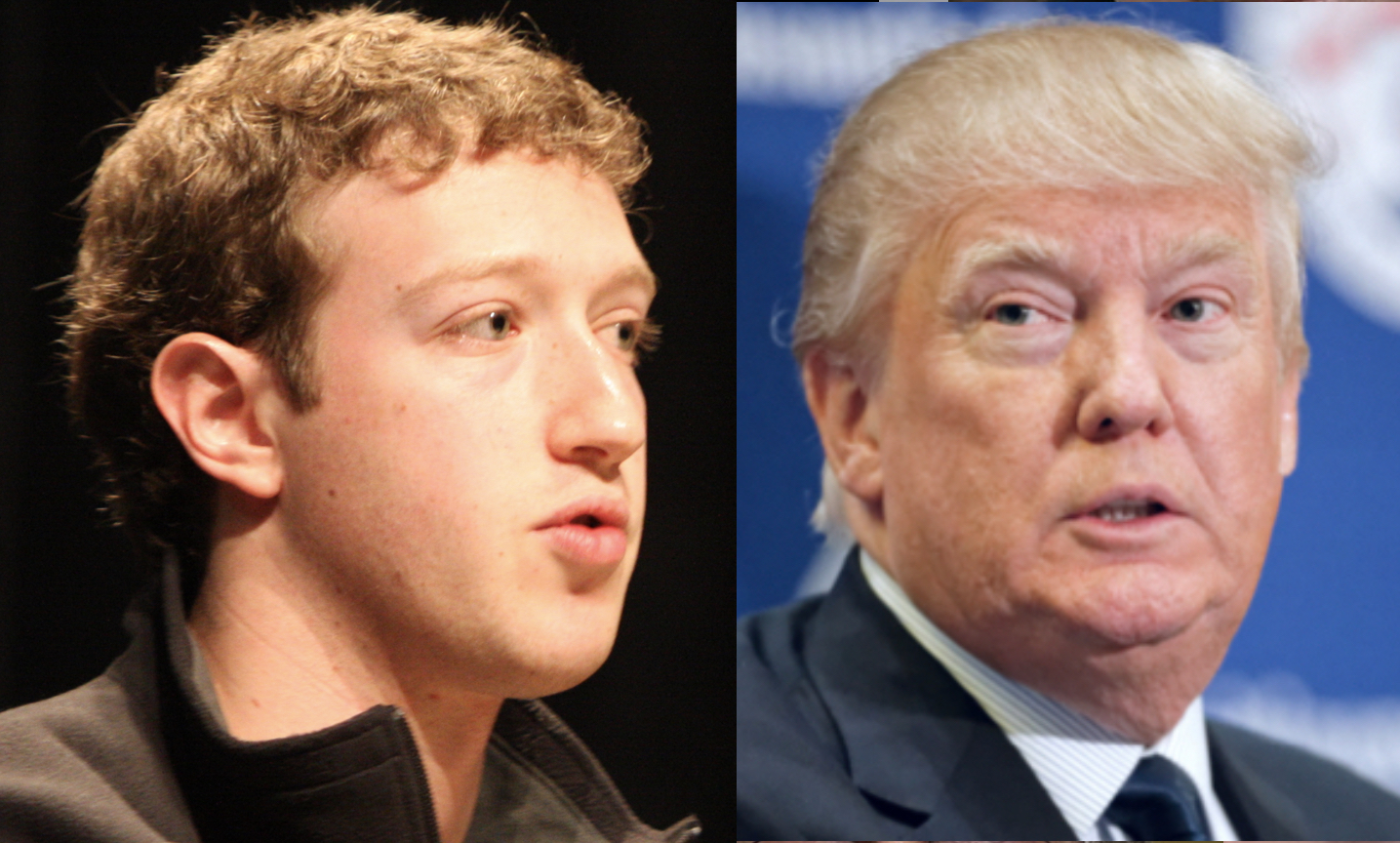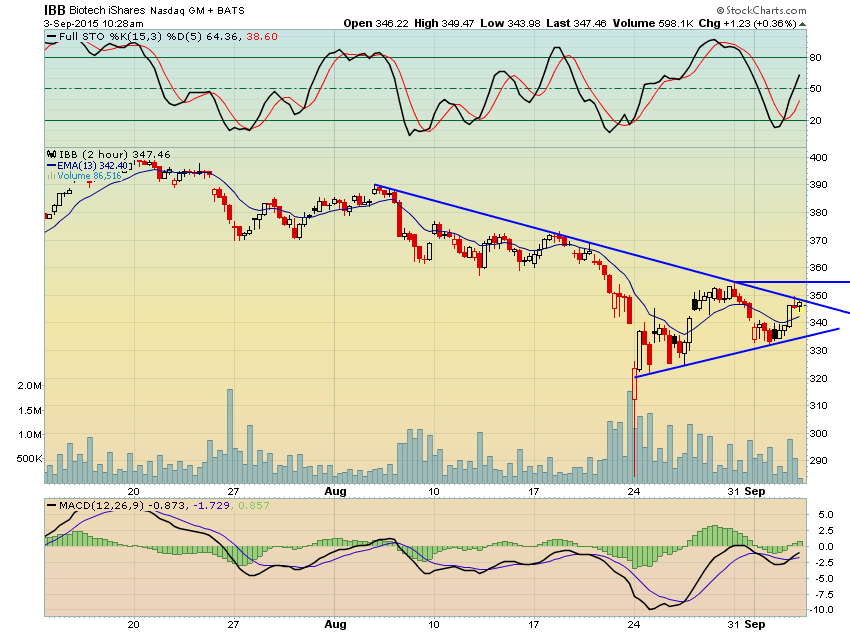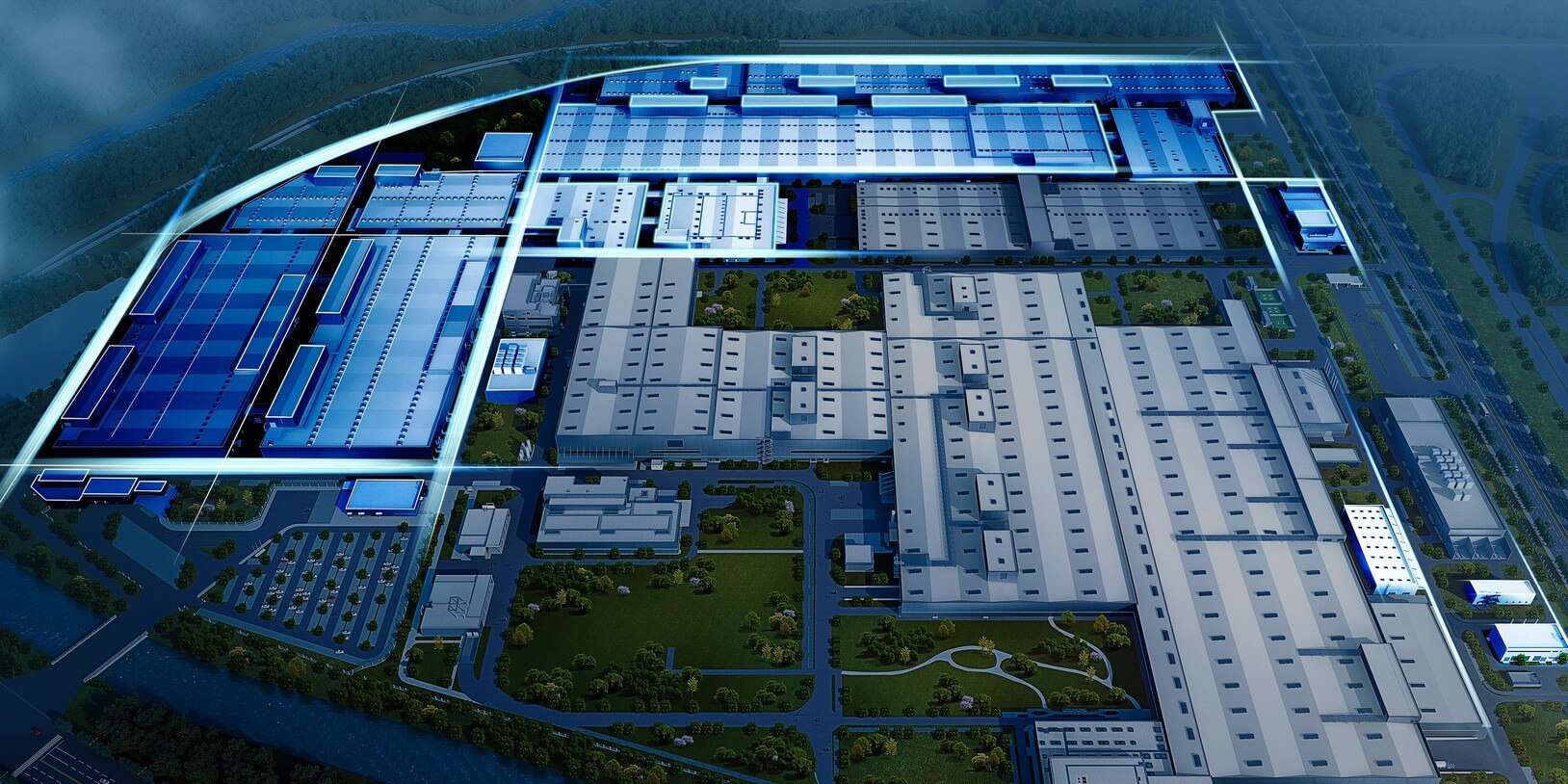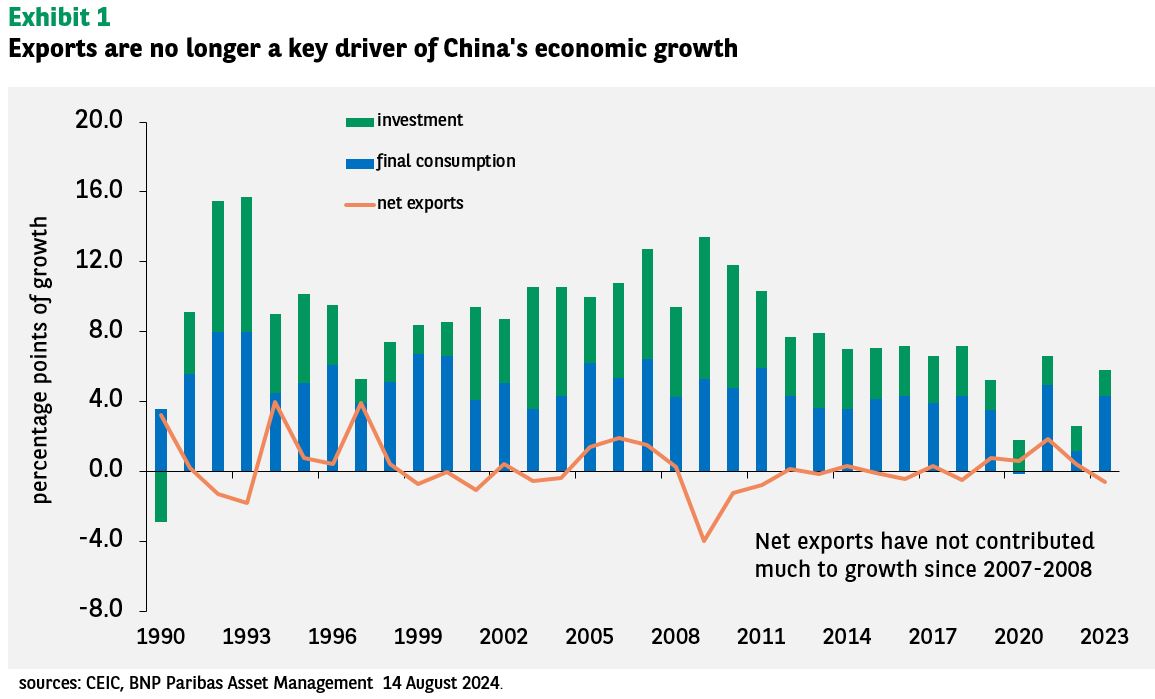Pope Francis' Legacy: The Conclave And The Future Of The Papacy

Table of Contents
Pope Francis' Social Justice Initiatives and Their Lasting Impact
Pope Francis' papacy has been characterized by a strong emphasis on social justice, environmental stewardship, and a profound concern for the marginalized. His encyclical Laudato Si' (2015), a landmark document on climate change and environmental degradation, has become a cornerstone of Catholic social teaching and a powerful call to global action. Beyond environmentalism, Francis has consistently championed the rights of the poor, migrants, and refugees, frequently criticizing economic systems that perpetuate inequality and injustice. His outspoken critique of unbridled capitalism and his advocacy for a more equitable distribution of wealth have resonated worldwide.
- Impact on Catholic Social Teaching: Francis has revitalized Catholic social teaching, shifting the focus from abstract theological principles to concrete actions aimed at alleviating suffering and promoting human dignity.
- Influence on Global Conversations about Poverty and Inequality: His words and actions have spurred international dialogues on poverty, inequality, and the ethical responsibilities of wealthier nations.
- Potential Future Directions for Catholic Social Activism: His legacy is likely to inspire future Catholic social activism, focusing on climate justice, economic equality, and migrant rights. We can anticipate a continued emphasis on integral ecology and a rejection of systems that marginalize the vulnerable.
Ecumenical Relations and Interfaith Dialogue Under Pope Francis
Pope Francis has made remarkable strides in fostering ecumenical relations and interfaith dialogue. His approachable demeanor and willingness to engage with leaders of other Christian denominations and world religions have created a climate of unprecedented cooperation. Notable examples include his meetings with Ecumenical Patriarch Bartholomew I, the Pope of the Eastern Orthodox Church, and his numerous engagements with leaders from Islam, Judaism, Buddhism, and Hinduism. These interactions have resulted in joint declarations, increased collaboration on humanitarian projects, and a growing spirit of mutual understanding.
- Increased Collaboration with Other Churches: We've witnessed a marked increase in collaborative efforts between the Catholic Church and other Christian denominations, particularly in areas of social justice and interfaith initiatives.
- Improved Relations with Other Faiths: Francis has actively cultivated relationships with leaders of various faiths, promoting interreligious dialogue and respect. This has led to greater understanding and cooperation on shared concerns.
- Potential for Future Ecumenical Progress: His legacy suggests a promising future for ecumenical progress, building on the foundation of mutual respect and collaborative projects established during his papacy.
Internal Church Reforms and Governance Under Pope Francis
Pope Francis has undertaken significant internal reforms within the Catholic Church, aiming to modernize the Curia (the central government of the Church) and address longstanding issues such as clerical sexual abuse. While these reforms have faced resistance and challenges, they represent a concerted effort to enhance transparency, accountability, and ethical conduct within the Church. The establishment of new dicasteries (departments) and the streamlining of administrative processes are part of a broader effort to improve efficiency and responsiveness.
- Changes to the Structure of the Roman Curia: Francis has restructured the Curia, aiming for a more streamlined and less centralized organization.
- Initiatives to Address Clerical Sexual Abuse: The Pope has implemented measures to address clerical sexual abuse, including stricter accountability measures and a greater emphasis on safeguarding children.
- Impact on the Future Governance of the Catholic Church: His reforms are expected to leave a lasting mark on the governance of the Catholic Church, fostering greater transparency and accountability.
The Next Conclave: Predicting the Future Papacy Based on Francis' Legacy
The next Papal election will undoubtedly be shaped by Pope Francis' legacy. Future candidates are likely to be influenced by his emphasis on social justice, ecumenism, and internal reform. We can anticipate a continued focus on these key areas, although the specific approaches and priorities may vary. The selection process itself will likely reflect the impact of Francis' reforms, with a greater emphasis on collegiality and a more inclusive approach.
- Likely Characteristics of Future Papal Candidates: Future candidates will likely be individuals who demonstrate commitment to social justice, interfaith dialogue, and church reform.
- Potential Shifts in Catholic Doctrine and Practice: While major doctrinal shifts are unlikely, we can expect a continued focus on pastoral care, inclusivity, and engagement with contemporary challenges.
- The Continuing Impact of Pope Francis' Reforms: The structural and cultural changes implemented under Francis will likely continue to shape the future of the Catholic Church, regardless of the identity of his successor.
Conclusion
Pope Francis' legacy is complex and multifaceted, encompassing significant social justice initiatives, groundbreaking ecumenical efforts, and ambitious internal reforms. Understanding this legacy is crucial for comprehending the future direction of the Catholic Church and anticipating the challenges and opportunities that await the next Pope. His emphasis on compassion, social justice, and dialogue will undoubtedly continue to inspire and challenge the Church for years to come. To delve deeper into this pivotal moment in Catholic history, explore resources from the Vatican website, academic journals focusing on religious studies, and insightful books examining Pope Francis' Legacy and the future of the Papacy. Engaging with these resources will help you form your own informed opinion on this critical subject.

Featured Posts
-
 Zuckerbergs Leadership In The Age Of Trump
Apr 22, 2025
Zuckerbergs Leadership In The Age Of Trump
Apr 22, 2025 -
 Are Higher Stock Prices Sustainable Investors Face Difficult Choices
Apr 22, 2025
Are Higher Stock Prices Sustainable Investors Face Difficult Choices
Apr 22, 2025 -
 Are Bmw And Porsche Losing Ground In China A Competitive Landscape Analysis
Apr 22, 2025
Are Bmw And Porsche Losing Ground In China A Competitive Landscape Analysis
Apr 22, 2025 -
 The Impact Of Tariffs On Chinas Export Led Growth Model
Apr 22, 2025
The Impact Of Tariffs On Chinas Export Led Growth Model
Apr 22, 2025 -
 Robotics In Footwear The Hurdles To Automated Nike Production
Apr 22, 2025
Robotics In Footwear The Hurdles To Automated Nike Production
Apr 22, 2025
